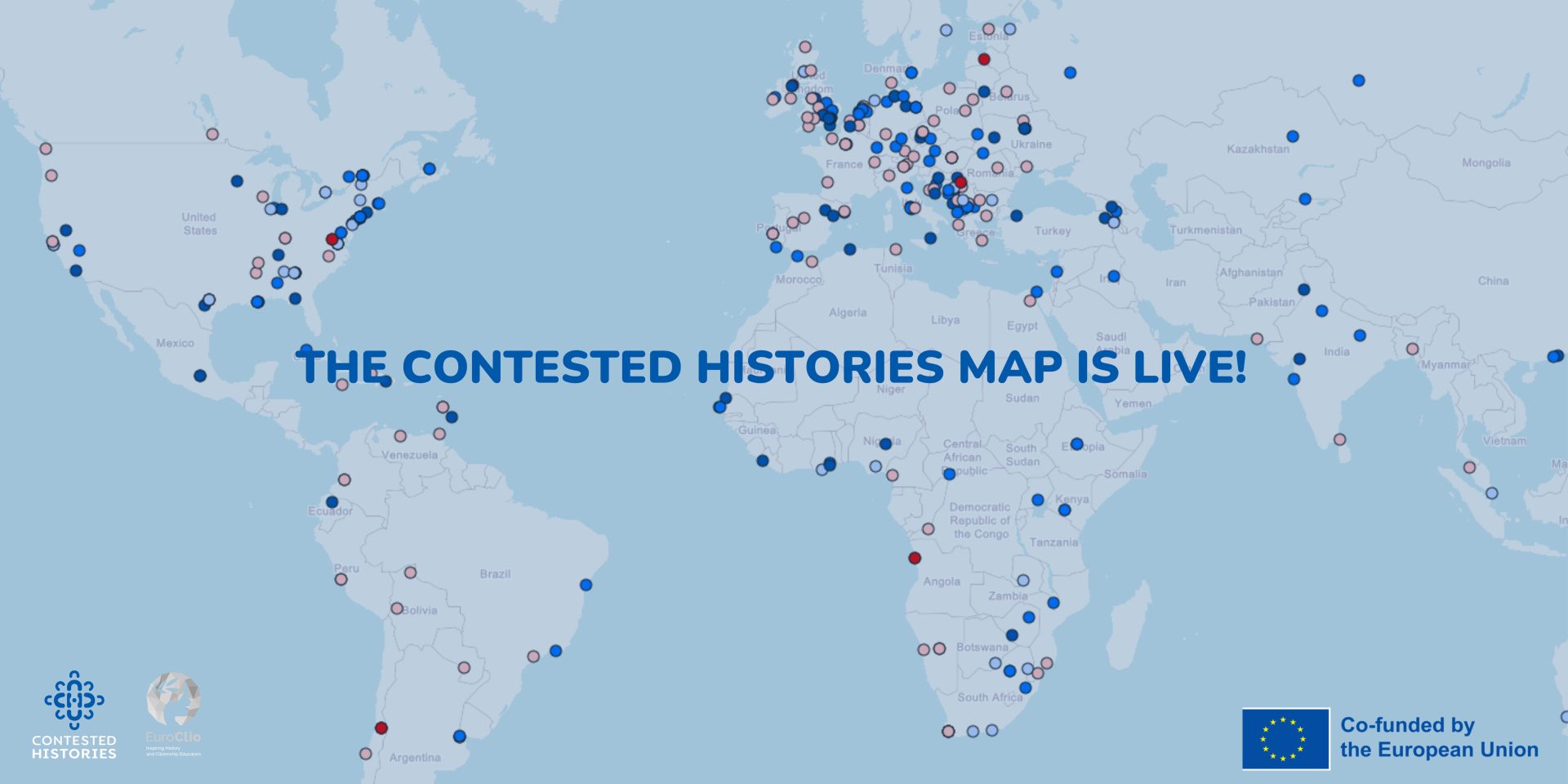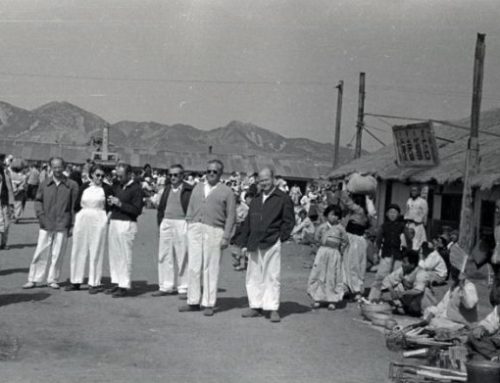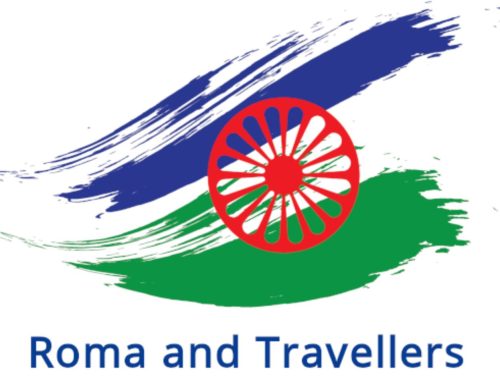Amsterdam, July 1, 2025 – On this important day of remembrance and reflection, Keti Koti, when the Netherlands commemorates the abolition of slavery, a powerful new tool is being launched to deepen our understanding of historical injustices: the Contested Histories Digital Map.
Developed to help users navigate the complex landscape of memory, heritage, and accountability, this interactive map allows you to explore over 600 case studies across 134 countries. From statues and street names to monuments and museums, the platform reveals the global breadth of sites that have been challenged, debated, or transformed due to their connections to colonialism, racism, oppression, or historical revisionism.
The timing of this launch is no coincidence. Keti Koti, meaning “broken chains”, marks the moment slavery was abolished in Suriname and the Dutch Caribbean on July 1, 1863; although it took another 10 years to be implemented entirely. Yet, as many acknowledge today, the legacies of slavery and colonialism are far from broken. They persist in public spaces, institutions, and collective memory. The Contested Histories Digital Map enables users to explore how various societies confront challenging histories. Why do some statues spark protests while others remain untouched? How do communities reclaim, remove, or reinterpret contested heritage? From the National Slavery Monument in Amsterdam to controversial monuments in South Africa, India, Brazil, and beyond, the map offers a global window into these debates.
On a day meant for both celebration and confrontation of the past, the map serves as an invitation to continue asking difficult questions, and to do so with open eyes and historical awareness. Start exploring today, and discover how the past lives on in our public spaces. You can find the Digital Map on the Contested Histories website, here.













